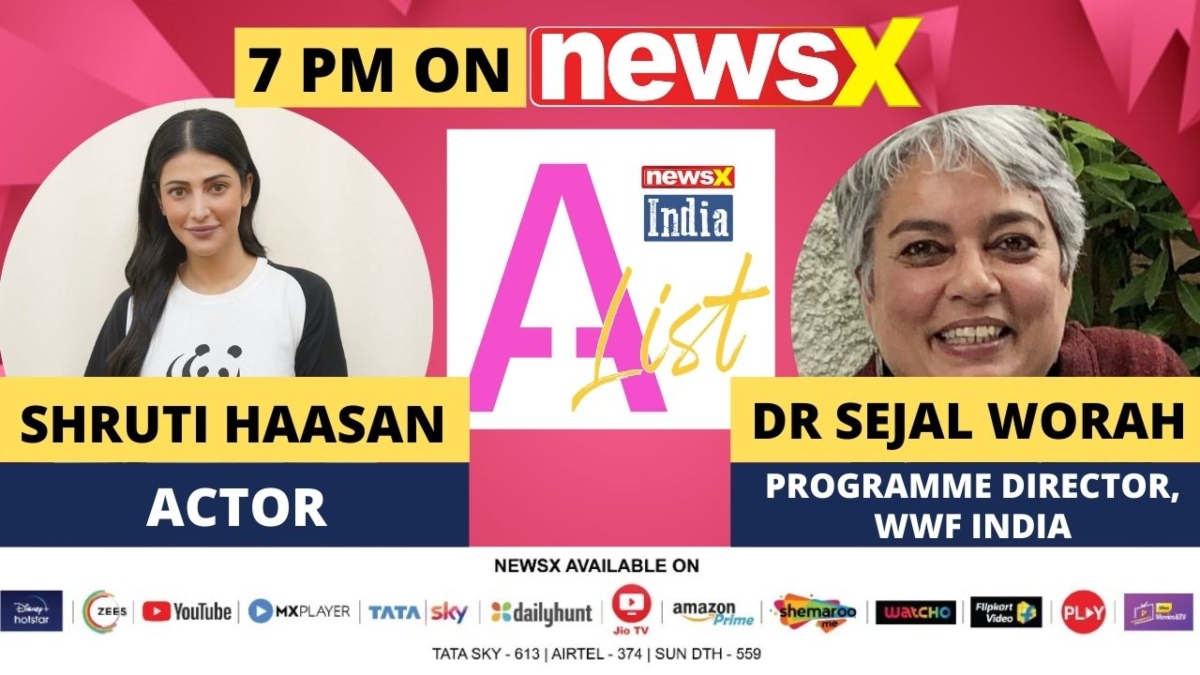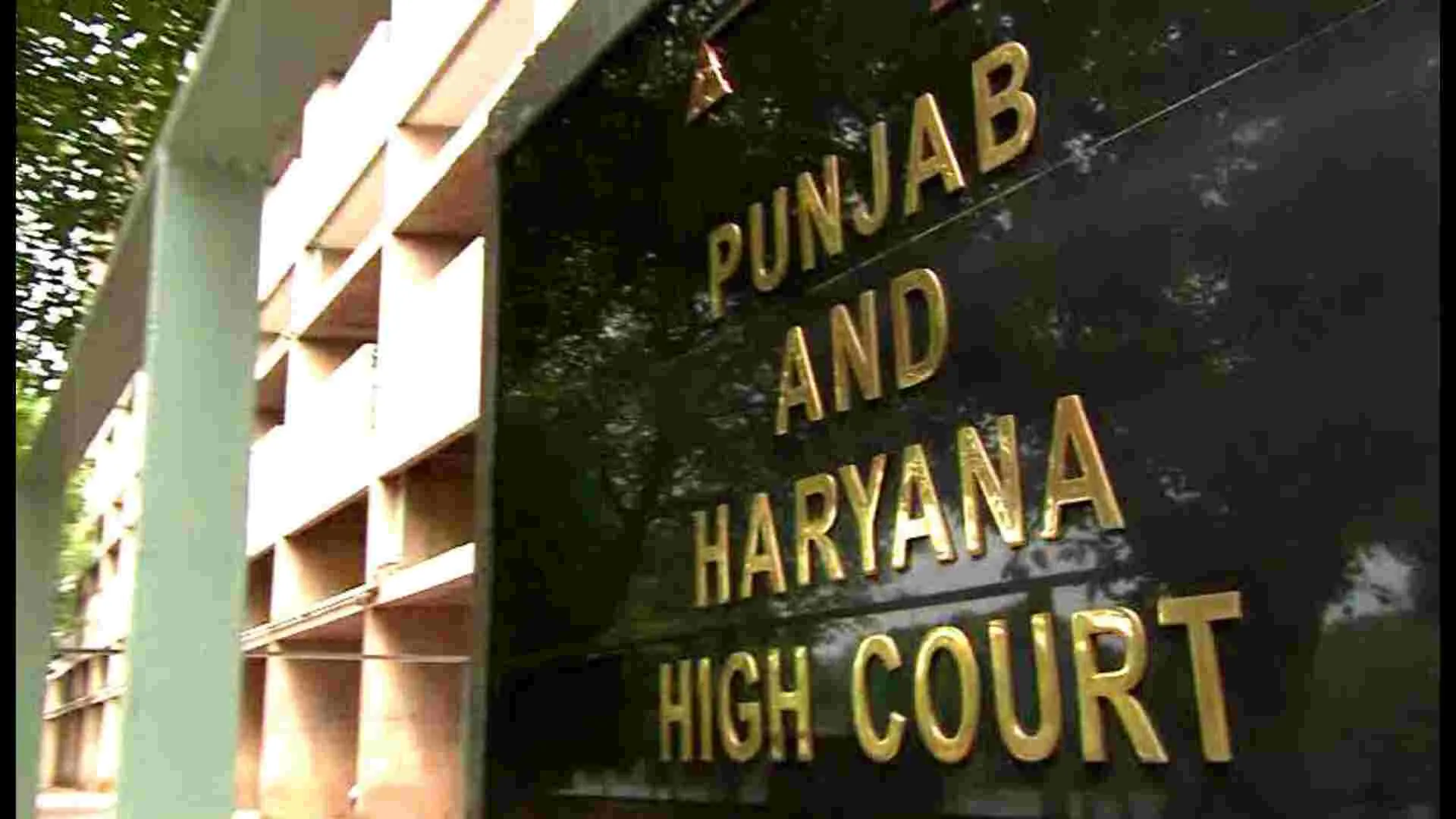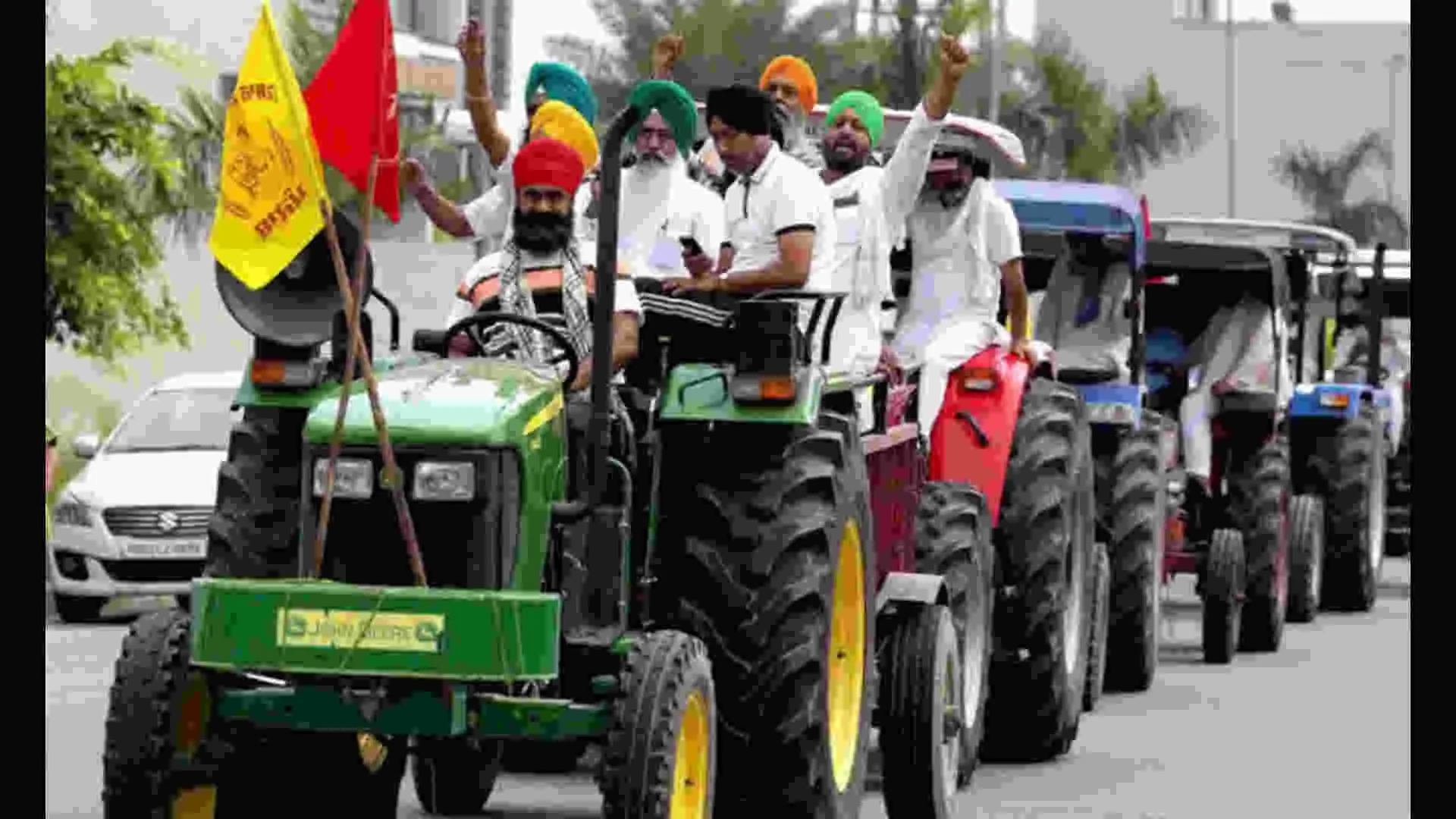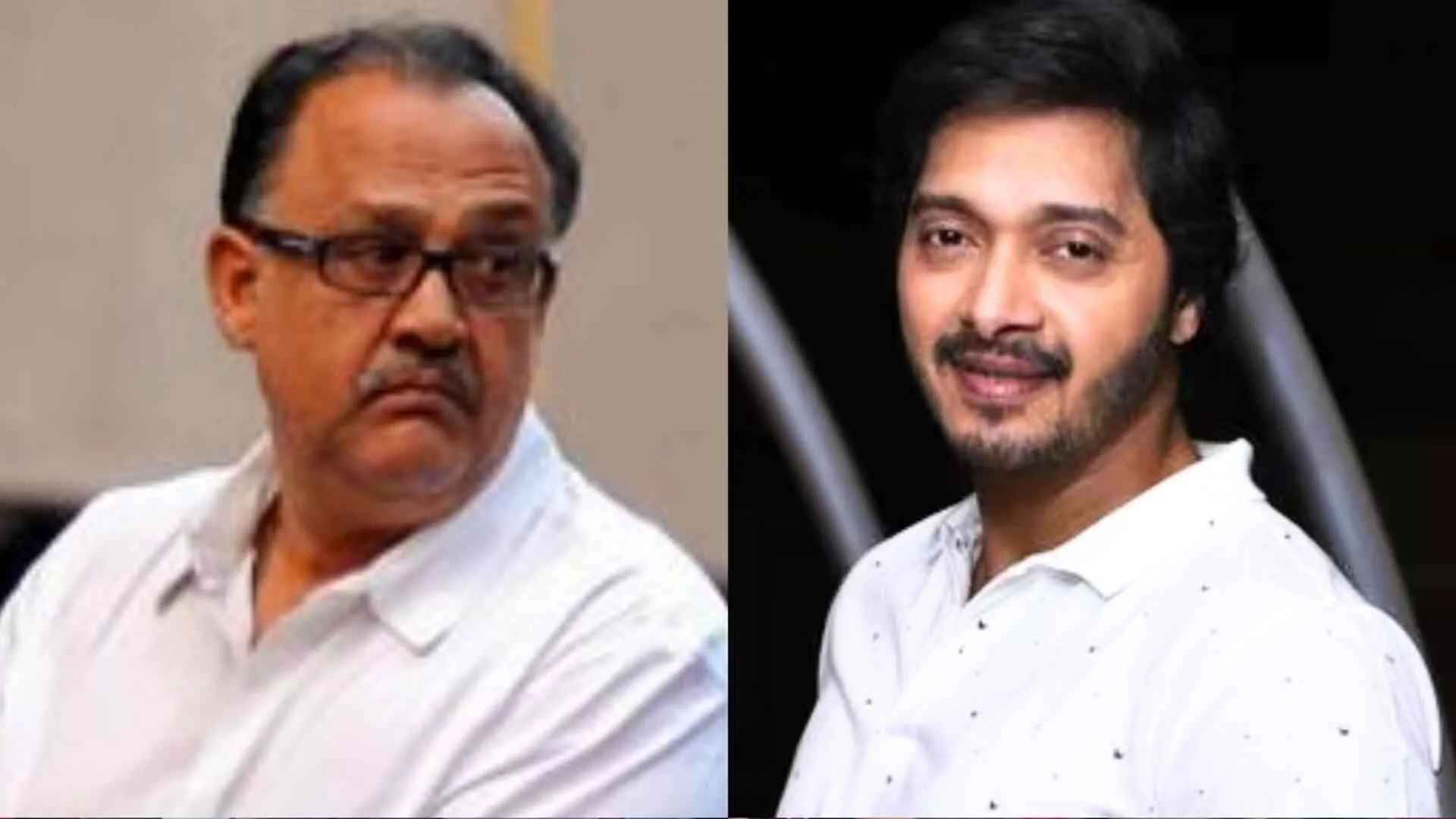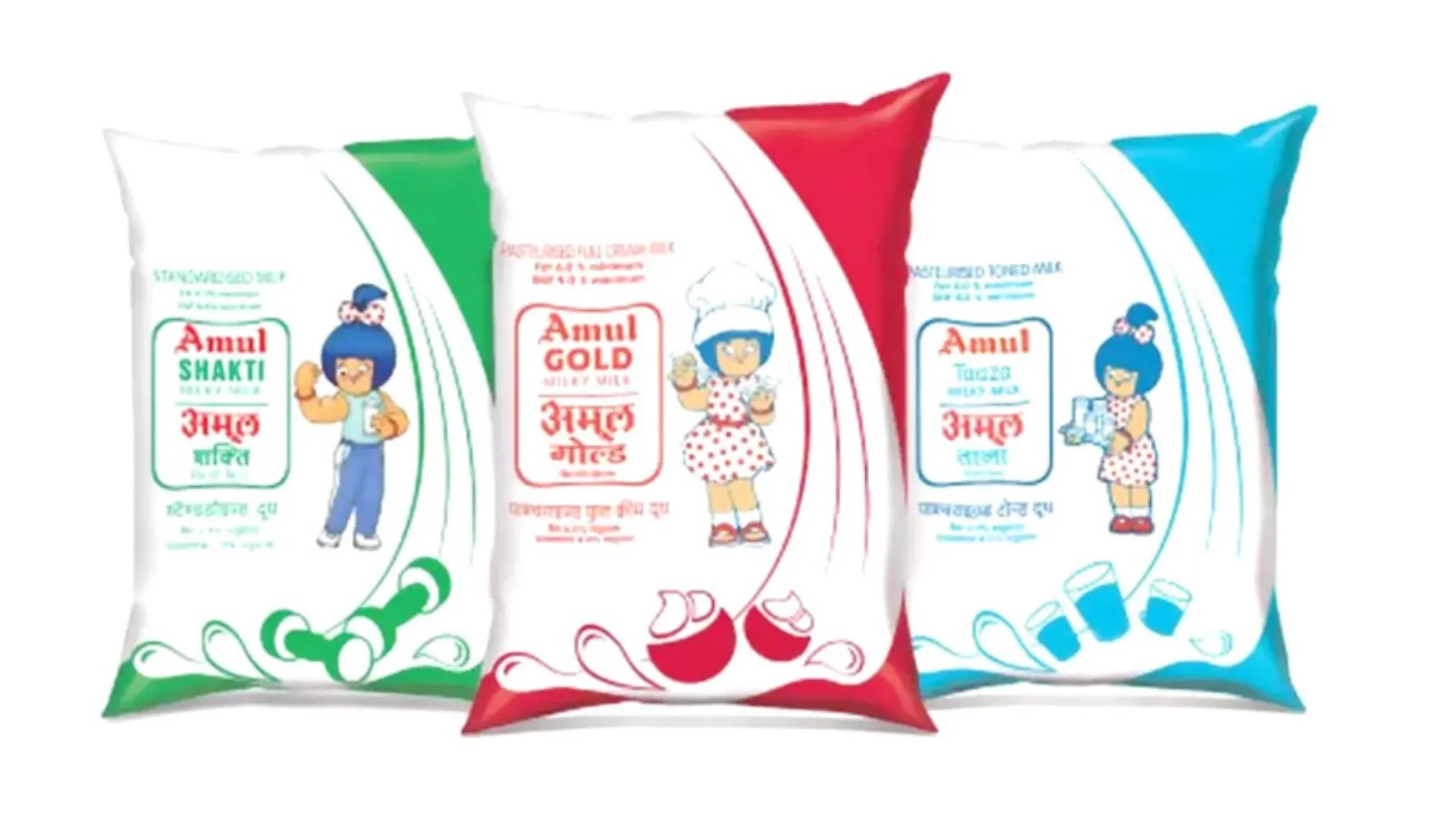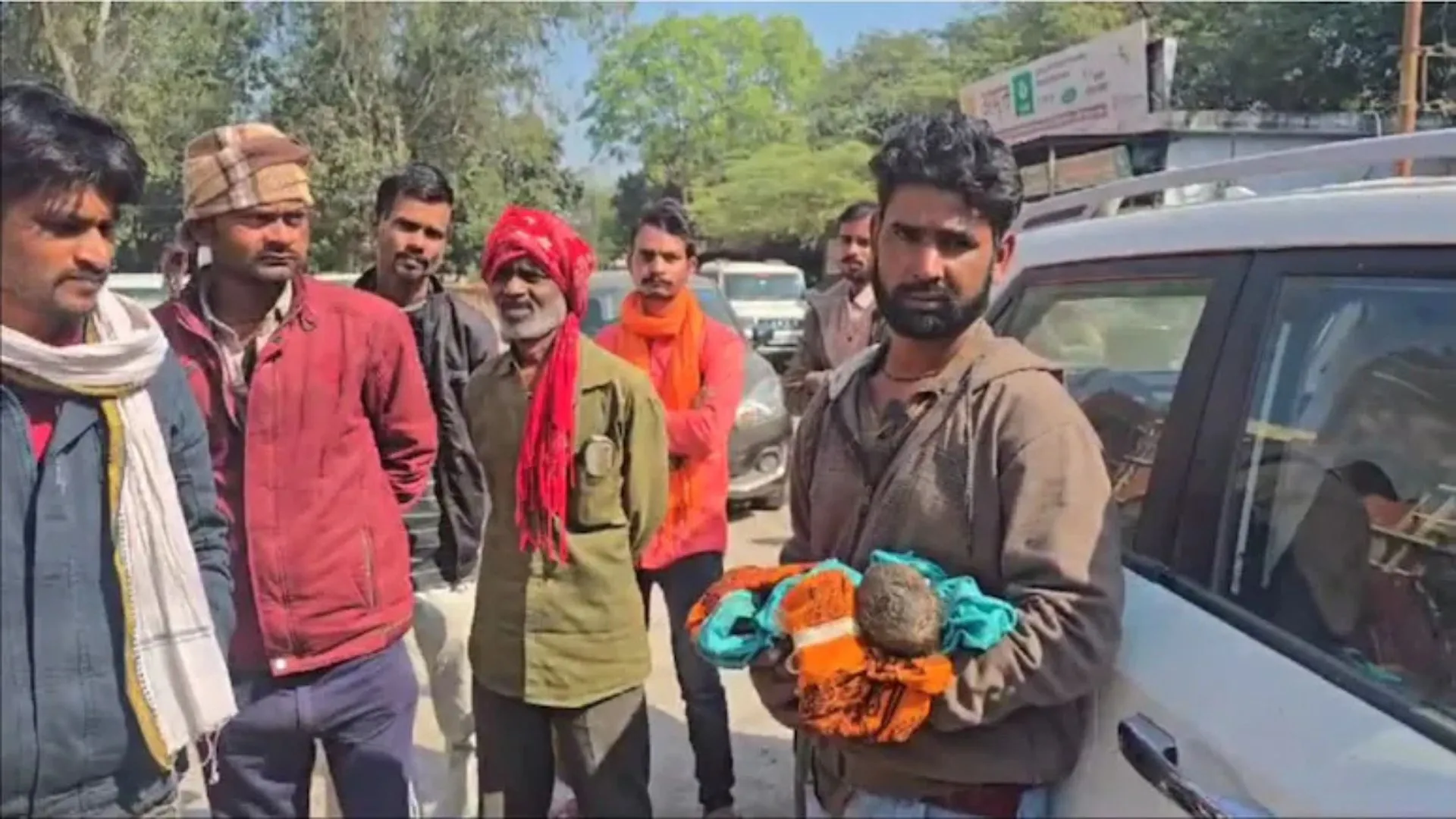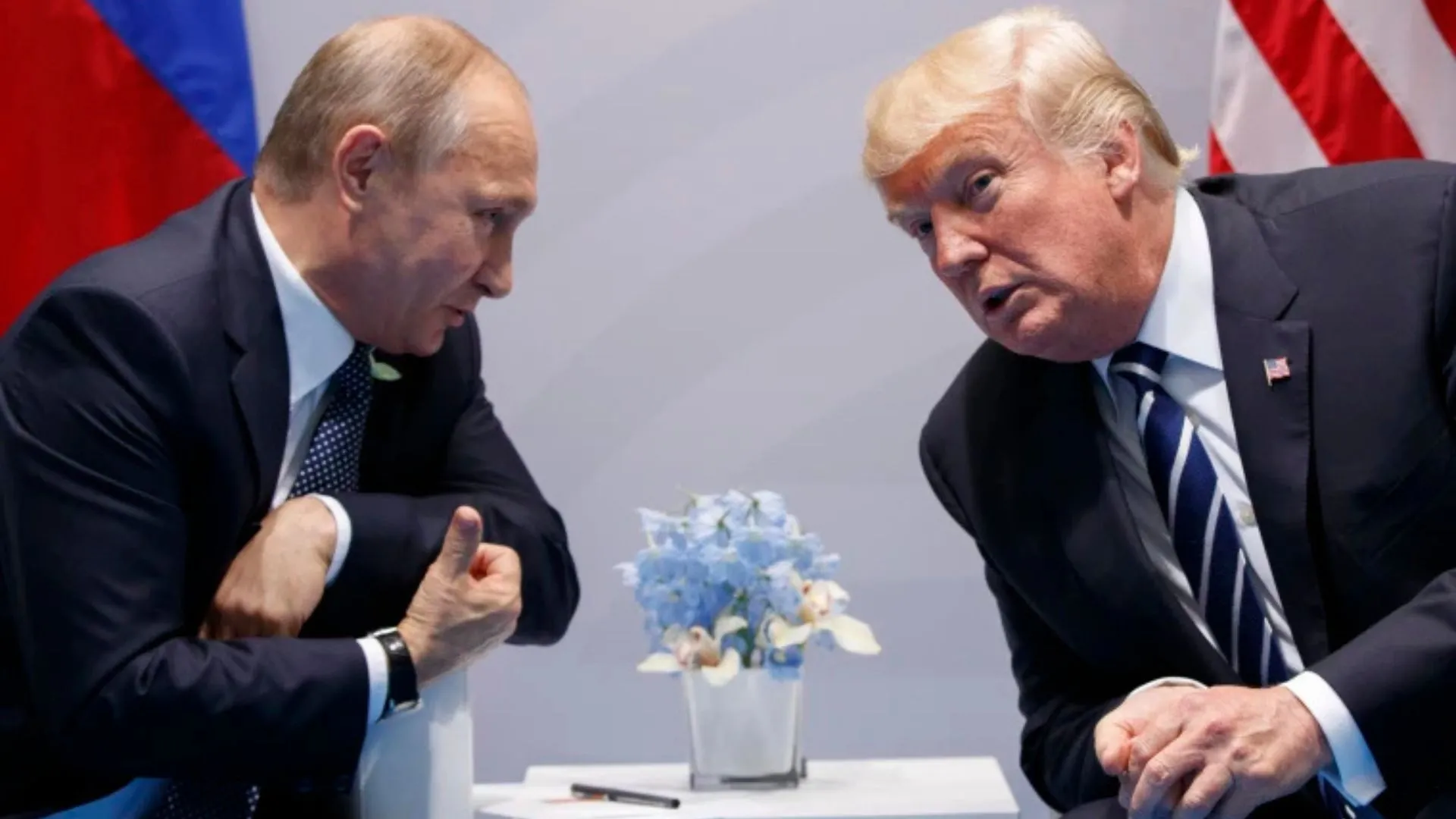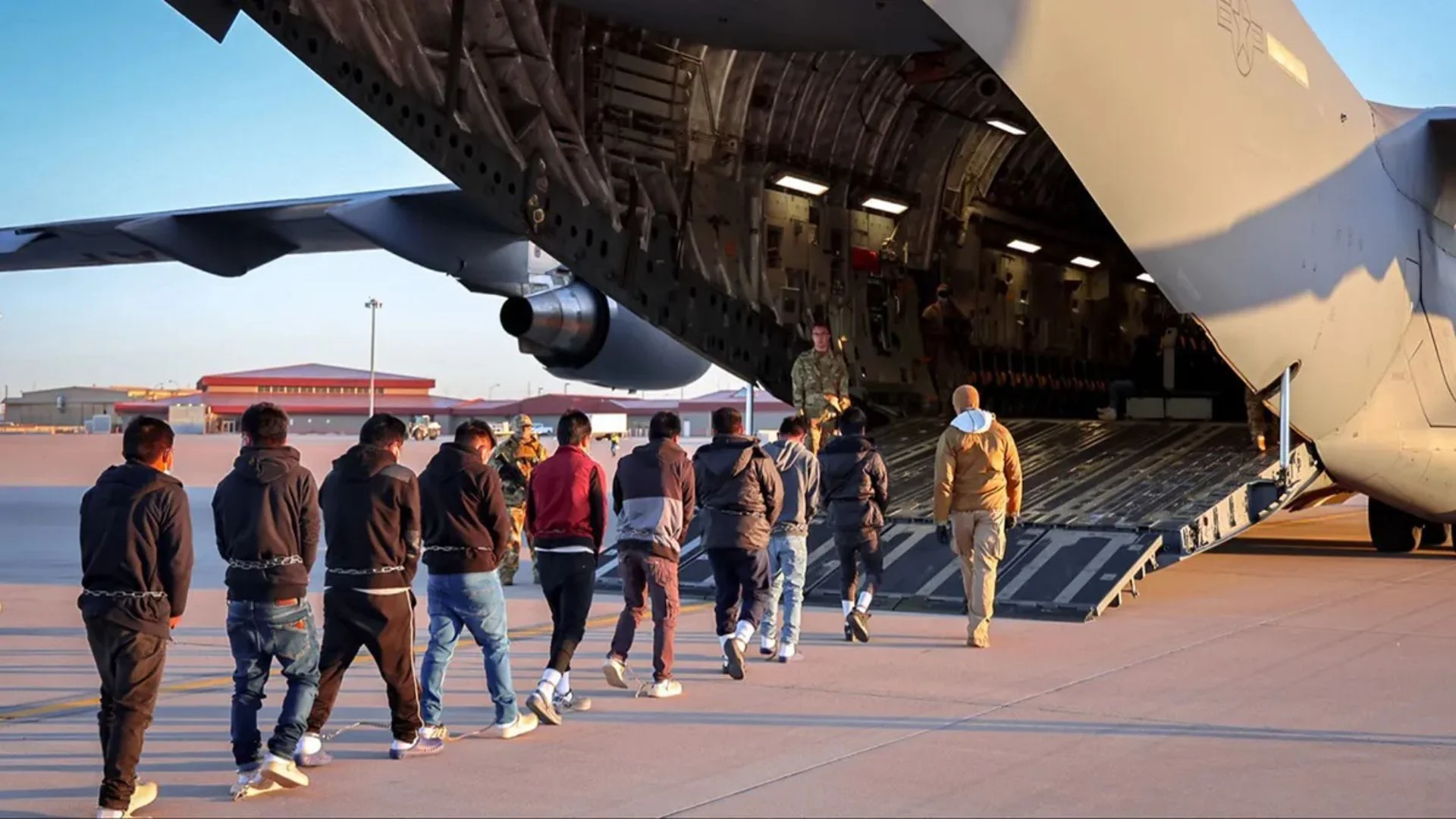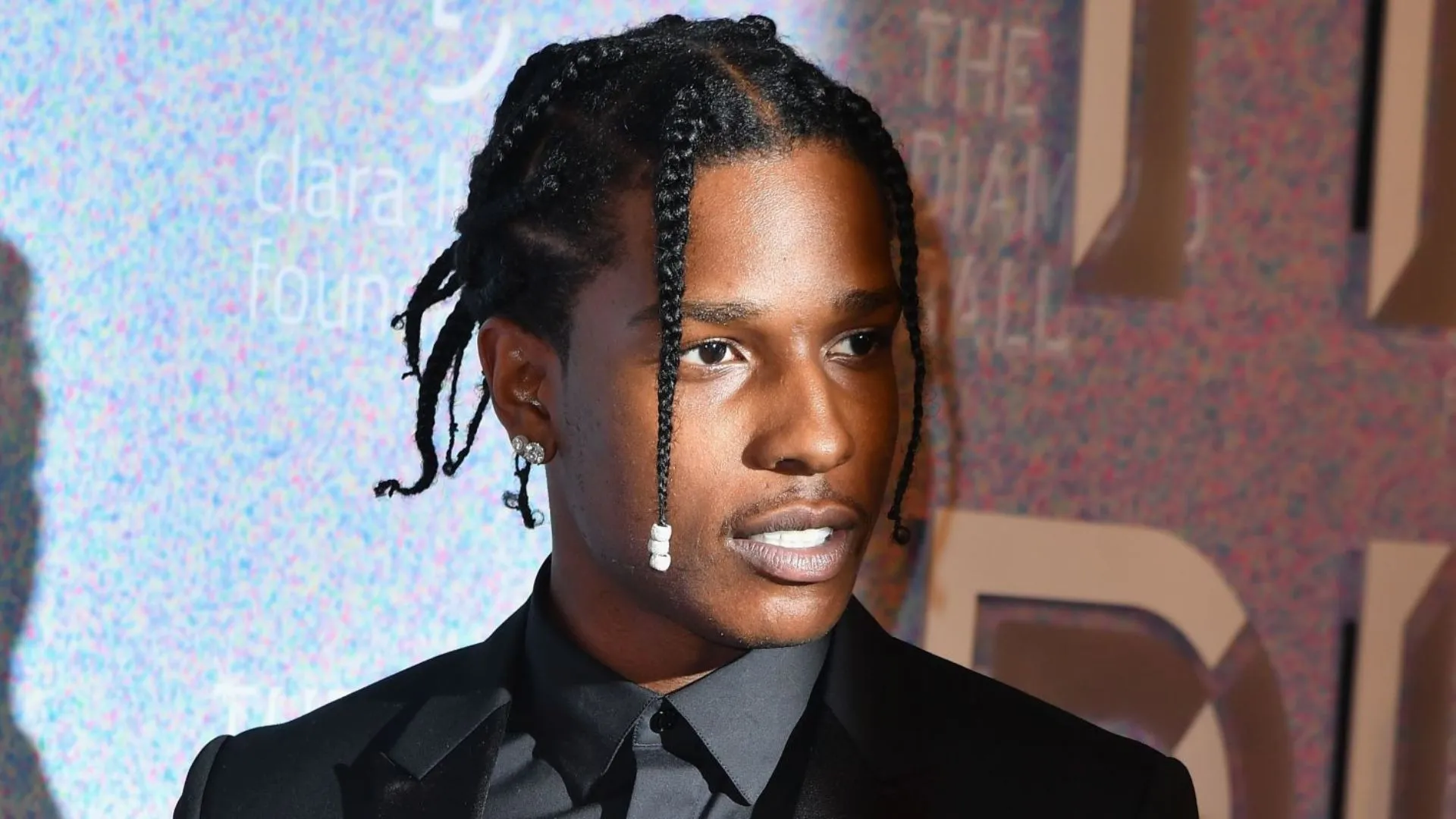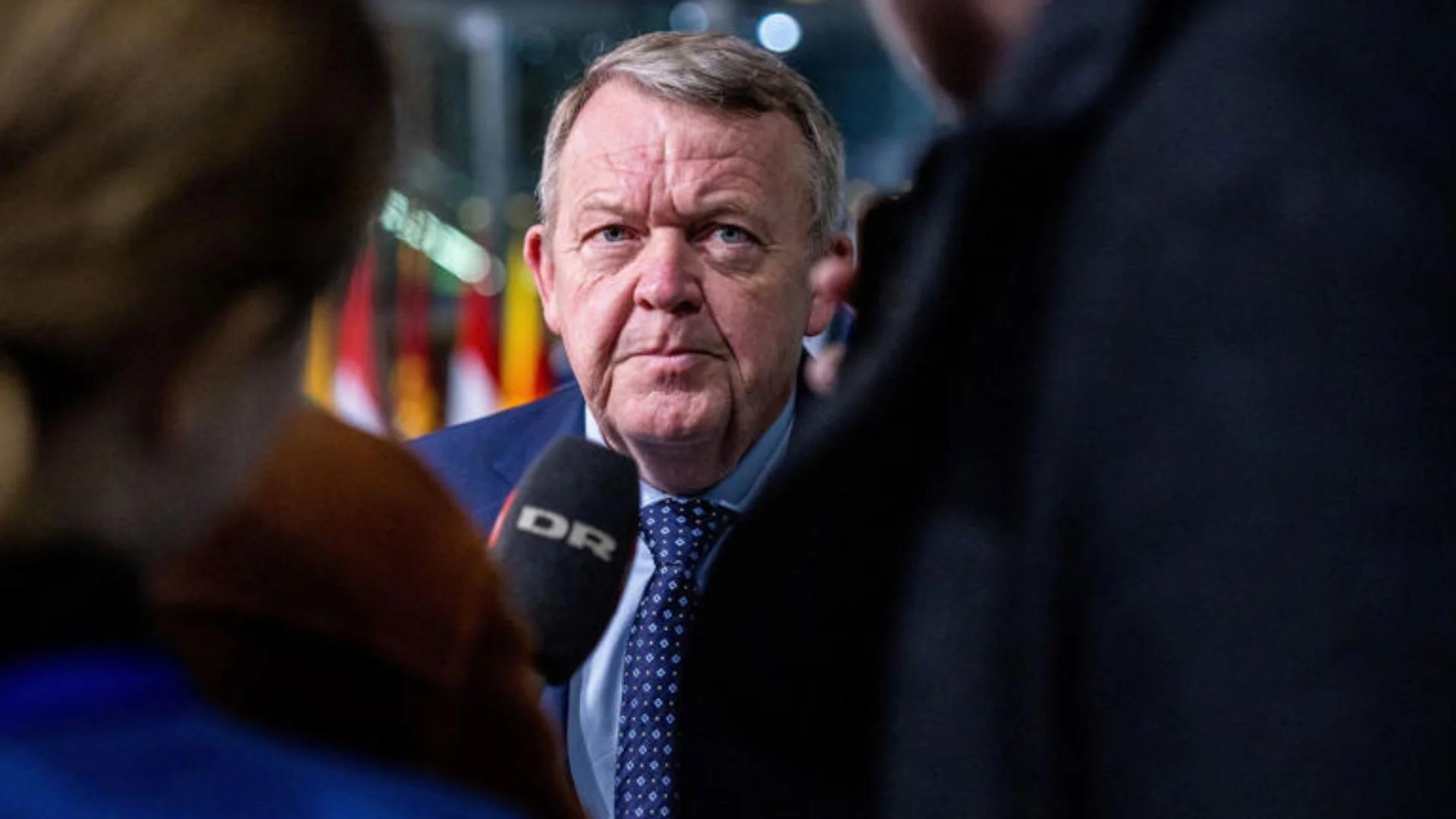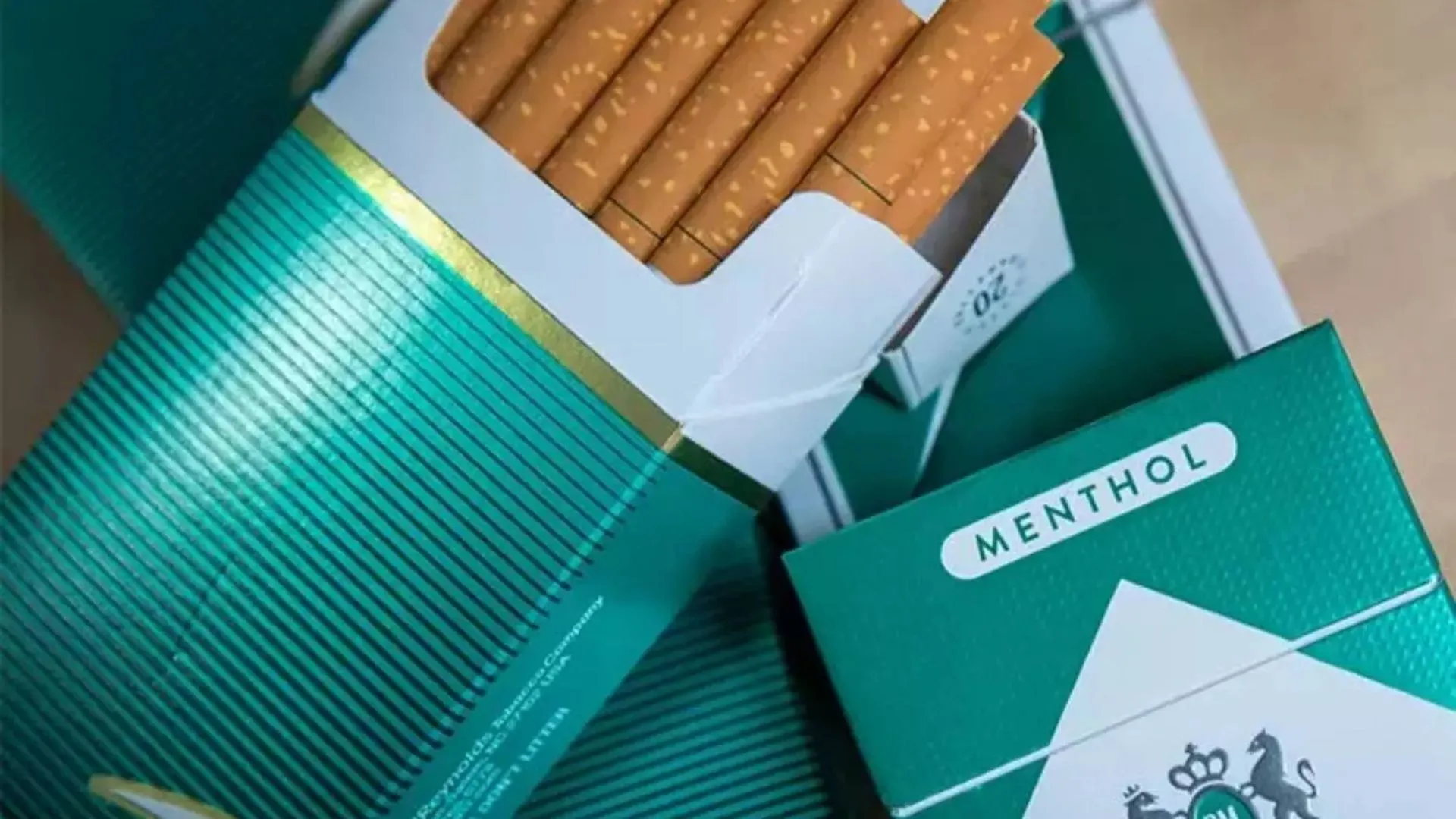Shruti Haasan, Actor and Dr Sejal Worah, Programme Director, WWF India recently joined NewsX for an insightful chat as part of NewsX India A-List. In the exclusive conversation, the duo spoke about the role of brand ambassadors in WWF, how they help the work they do, the biggest challenges facing the environment today and much more. Read excerpts:
Speaking about what drew her to become a brand ambassador for WWF india, Shruti said, “Ever since I have been a child, they have been synonyms with bringing about change and conservation. When I was approached by them, it was really a huge honour. I love the work they have done, especially in the field on conservation. I think, for a lot of people, when we were growing up, we would talk about WWF, Tigers and Pandas. There is so much more that goes into the concept of conservation and understanding the impact man has with climate change or encroachment and so many of these things. To be a part of it, in any way, to spread knowledge and compassion for the world around us is just amazing. It’s a no brainer.”
Explaining the role of brand ambassadors and how do they help in the work WWF does, Dr Sejal further added, “Shruti, it is great to know that WWF was there from your childhood because it was there from my childhood too. The difference is that I spent my entire working life with WWF, so I am lucky in a way. I think, brand ambassadors, somehow, I am not comfortable with that term because it almost sounds like you are marketing something. In a way, we are. We are marketing the environment but it is more than marketing. It is about behavioural change. I, as an individual, spent almost half my time giving lectures, seminars, webinars, you name it, but in a way, I’m talking to the converted. What people like Shruti bring as ambassadors of WWF, they help us to reach out to a completely different audience. It is an audience that I would not know how to reach at all. What she is doing that she’s sort of expanding the reach of the organisation and bringing the message to a lot more people than we would be able to do otherwise. I should also say that for brand ambassadors, it has to be a perfect match. It is not just that you pick up somebody who is popular and say become a brand ambassador. There have to be values and a cultural match between the person and the organisation. We are really lucky to have people like Shruti, who embody for the younger generation this whole combination of passion, commitment, smartness and intelligence. That’s what is exciting for us.”
When asked about the biggest challenge today facing the environment, Shruti responded, “I think the biggest thing is a lack of understanding of how dire the problem is because of a lack of knowledge. Like Sejal ma’am said, it is in pockets. When she said that she is reaching to the converted, it is people who have already understood this and then it is like they are all going to mass together. They understand why they are there but the important people that I think need to be spoken with or have dialogue with are people that do not understand that we are leaving behind this environment for a future generation. Not only that, in our current lifetime, gaping holes and threats staring us in the face and we act like it is very far away. Just like we acted about the tigers and the elephants. I live in a city, they are in a forest somewhere. Therefore, that’s not my life. But, everything in nature is so beautifully interlinked. We have to have humility and understanding that we belong in that ecosystem. We need to value the space given to us and I think that understanding and understanding how small things everyday can help contribute to this growth is the biggest challenge we are facing. People aren’t listening and understanding enough and that should change with dialogue. People wanting to understand the world around them.”

